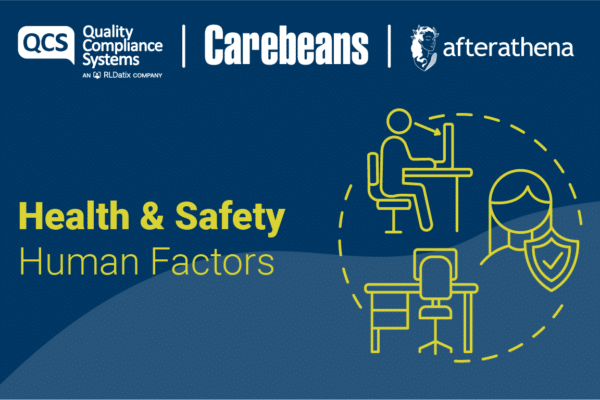
Following the success of the recent TV programme which showcased the work of a Bristol academy that trained students in hospitality, the DWP have called up a Task Force to look at how people with learning disabilities can access apprenticeships. The group includes MPs, educators, employers and charity representatives and the hope is that this will help achieve the government’s goal of creating three million apprenticeships by 2020 and effectively halving the disability employment gap.
Benefits of this model
Its well known that only around six percent of people with learning disabilities are in paid employment and that for many, the extra help needed to access work makes it very hard for employers to consider them for jobs. Apprenticeships combine actual work experience in learning and supportive environments, where employers are given help to put training and extra support in place. In times past, I have used apprentice programmes to create opportunities for young people who in turn have become excellent care workers or gone on to undertake formal training. As a small business owner, the benefits were clear; help with the cost of training and help to get that training in.
Buckinghamshire Care, a business that specialises in adult social care services, were awarded Newcomer Small and Medium Enterprise of the Year 2015 at the National Apprenticeships Award Ceremony. The company have a policy of offering voluntary vocational placements in catering, maintenance and horticulture and farming roles to students with special needs. After completing the voluntary vocational course, the students are offered six months guaranteed paid employment and three months specialist support to find work with local businesses.
Lacking service user involvement
However, there have been criticisms of the Task Force membership in that it does not currently include, or state plans to include, any people with learning disability in its number. They argue that to be really effective and understand the needs of this group, co-production is essential.
Critics also believe that the outcome of the project will not achieve full access to existing apprenticeship programmes, but instead create a separate type of special needs apprenticeship that effectively mirrors existing unpaid internships. There are suggestions of tokenism and concerns that those with intellectual challenges might not present an attractive option to employers.
A further concern is that the programme focuses on school leaver applicants and therefore does not offer opportunities to older adults who have not been able to join the labour market and might benefit from this type of employment support. In creating the Education Health and Care Plan (EHCP) to support learners up to 25 years, there has been an increased drive to make more assistance available to young adults leaving full-time education. This overlooks the plight of over 25’s who struggle to find a job.
Like many government initiatives, this risks being just another talking shop that does not achieve real results on the ground. The benefits of the apprenticeship model to get people into work are not in dispute, the creation of a Task Force to help people to benefit from this model could be a move in the right direction. However, the proof of success will be in the inclusion of those it seeks to benefit to make apprenticeships relevant, meaningful and fair.






